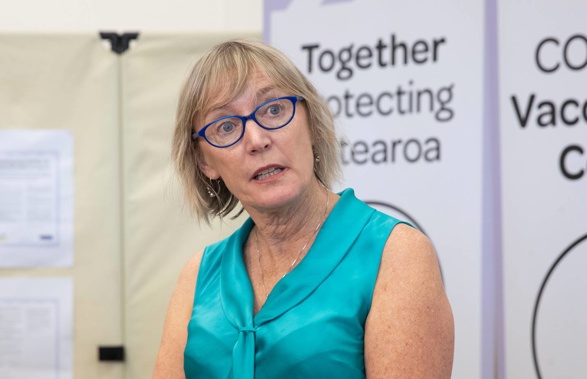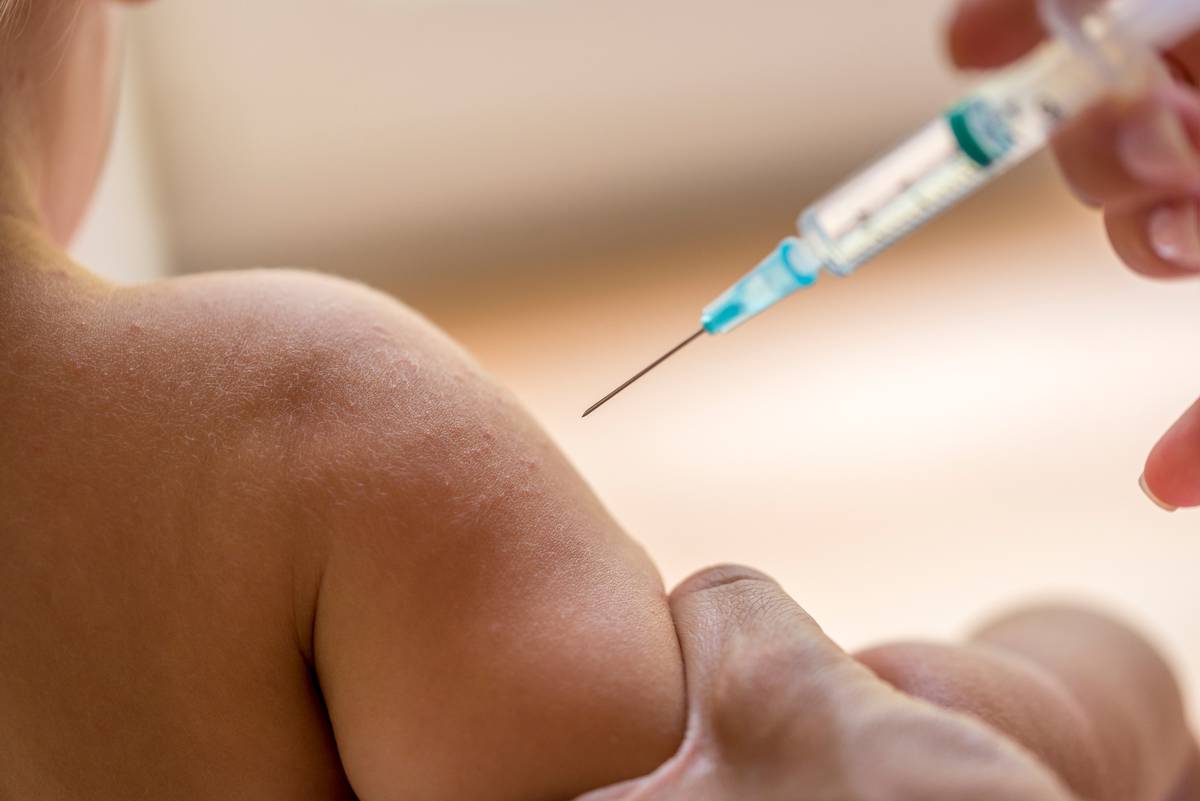
The Office of the Auditor General has made a series of recommendations to the University of Auckland in the wake of a Covid-era contracting process that involved an “inappropriate” procurement process and a multifaceted “potential conflict of interest”, at the centre of which sat the spousal relationship of Dr Nikki Turner and Dr Tony Dowell.
Turner is the medical director of the Immunisation Advisory Centre (IMAC) – a business unit of UniServices which is a wholly owned subsidiary of the University of Auckland – and has been a central figure in the Labour Government’s pandemic response. Turner’s husband, Dowell, is a professor of primary health care at the University of Otago.
In 2020 and 2021 IMAC hired Dowell directly, as a consultant, to help conceive the evaluation component of a $16.5m contract with the Ministry of Health (MoH); the contract was to provide Covid-19 vaccinator training to GPs, nurses, pharmacists and a large cohort of other health workers without previous clinical experience.
Through that initial work, for which he was paid roughly $11,000, Dowell collaborated with Turner to design how evaluation of IMAC’s vaccinator training work should be undertaken.
IMAC then, through UniServices, hired Dowell and the University of Otago, to provide the lion’s share of that evaluation work (this contract sat with Otago and Dowell co-led the project). The contract was worth $1m, despite this there was no competitive bid process.
Dowell also had oversight of all evaluation of the IMAC training work, including a smaller portion that was contracted to the National Institute of Health Innovation at the University of Auckland.
The concerns were raised by the Herald back in March.
The details of the case were outlined in a letter from David Lemmon, manager of inquiries at the Office of the Auditor General (OAG), to Dr Andy Shenk, chief executive of Uniservices. It was published by the OAG last week.
The OAG found no documentation to suggest Dowell was asked by UniServices to declare any conflicts of interest and it found no documented disclosure of interests by Turner.
Lemmon’s letter noted the, “clear risk of a perception that the provider of the services in both arrangements was selected because of the relationship between the director [Nikki Turner] and the expert [Tony Dowell].”
“In any situation where activities are paid for from public funds, the public needs to be confident that any actual or perceived conflicts of interest are identified and appropriately managed,” Lemmon wrote.
IMAC’s initial hiring of Dowell was marked by an extraordinary absence of documentation. Lemmon’s letter said: “UniServices told us that procuring services from the expert [Dowell] without a formal procurement process, without documented reasons for the process it did follow, and without a written contract was inappropriate and should not have occurred.”
Lemmon said an additional potential conflict of interest was thrown up when UniServices, building on Dowell’s initial advice, sub-contracted further work from Dowell and the wider team of his employer, the University of Otago.
The OAG said UniServices took “some steps” to manage the conflict of interest, “but, in our view, could have done more,” despite the urgency created by the pandemic.
UniServices said it verbally informed the MoH (its client) about the relationship between Turner and Dowell, however Lemmon noted there is no written record of this, and neither is there a record of whether any action was taken to manage the conflict.
UniServices said Turner was not involved in the sub-contracting arrangement. However, Lemmon noted that Turner was involved in preparing the proposal for the work, which anticipated the sub-contract.
UniServices told the OAG that Turner had only “an advisory role in the work and was not in a leadership or decision-making position”.
A spokesperson for the OAG, Mike Heine, declined to confirm what precipitated Lemmon’s scrutiny of the UniServices contracts, however, it follows an investigation by the NZ Herald published in March this year.
The Herald revealed that red flags were raised contemporaneously at the University of Auckland over the contracting process and the conflict of interest.
A series of emails between Turner and other university officials suggest that Turner herself pushed hard to include Dowell in the evaluation work, and that unsuccessful efforts were made to dissuade her from so closely involving Dowell.
The emails were provided to the Herald by parties with knowledge of the events, but were withheld under the Official Information Act; Uniservices variously cited the protection of free and frank opinion and the protection of legal privilege.

Turner did not respond to a request for comment.
The MoH vaccinator training contract underpinned a nationwide drive to vaccinate the vast majority of the New Zealand population with a new medicine, and through much of the period vaccination was mandated by the government. The need to win and keep public trust was enormous.
In a statement released on Monday, Shenk said that Uniservices completed an internal review in December 2022 and subsequently updated its conflicts of interest policy and procedures.
The changes include, “better management of [a] staff conflicts of interest registry” and training for the leadership group and communications staff related to the updates and changes.
He said: “UniServices acknowledges and accepts the findings of the Office of the Auditor General regarding UniServices’ management of conflicts of interest.”
He did not answer questions, put to UniServices, about the adequacy of IMAC vacinator training.
The adequacy of IMAC’s Covid-19 vaccinator training
Lingering questions remain about elements of IMAC’s Covid-19 vaccinator training and education, particularly, about whether New Zealand’s vaccinators – many of them not previously schooled in principles such as informed consent – received enough training to understand the small but serious vaccine-related risk of the heart condition myocarditis.
Moreover, it is not clear that vaccinators understood their obligation to describe this risk to patients before innoculation, once the risk was known in the second half of 2021.
Dowell did not respond to questions about the adequacy of the IMAC vaccinator training.
It has been established that in late 2021, 26-year-old Dunedin man Rory Nairn died of vaccine-induced myocarditis after recieving his first dose of the Pfizer vaccine.
The Coroner investigating the death, Sue Johnson, has confirmed both that she requested written evidence from IMAC and that material written by IMAC, which was delivered to vaccinators, forms part of her ongoing inquiry into the circumstances of Nairn’s death.
During an inquest in September 2022, Johnson heard that Nairn received no advice about myocarditis in advance of his vaccination by a Dunedin pharmacist and that vaccinators were subject to a complicated and confusing stream of vaccine information, updates and directives from various sources. The vaccinating pharmacist said she didn’t know that myocarditis could be deadly.
Johnson’s final report, still pending, will consider whether Nairn’s death could have been prevented and is likely to make recommendations.
Take your Radio, Podcasts and Music with you









